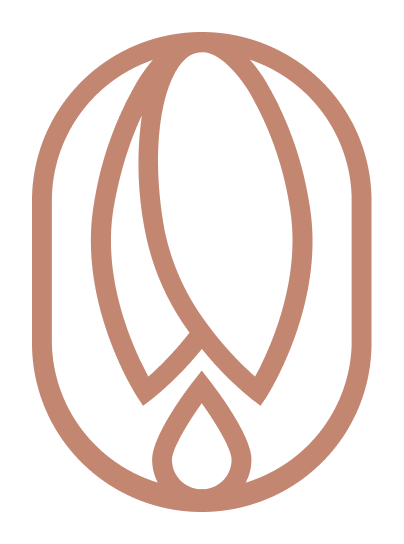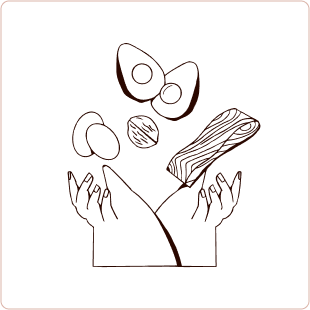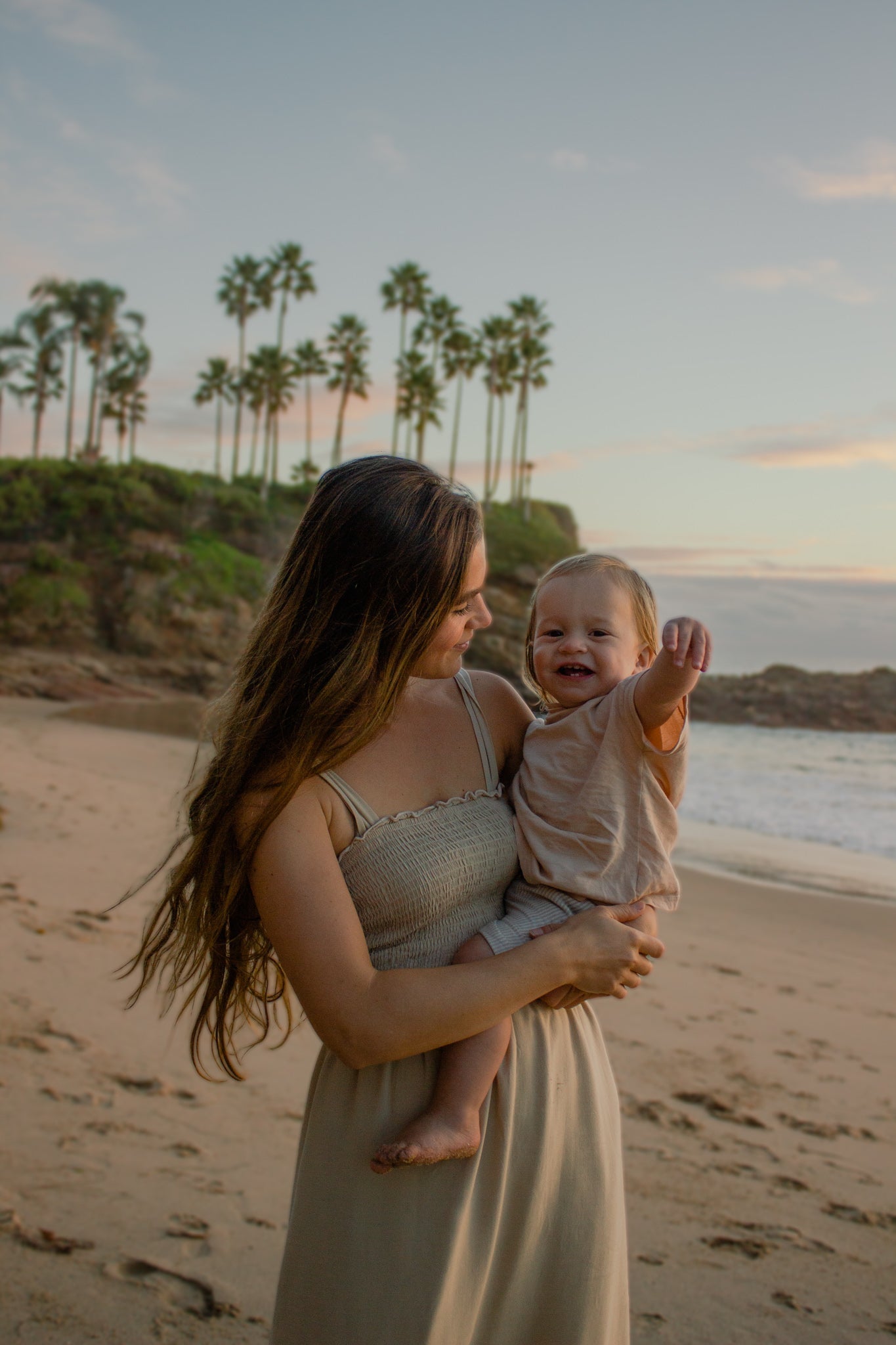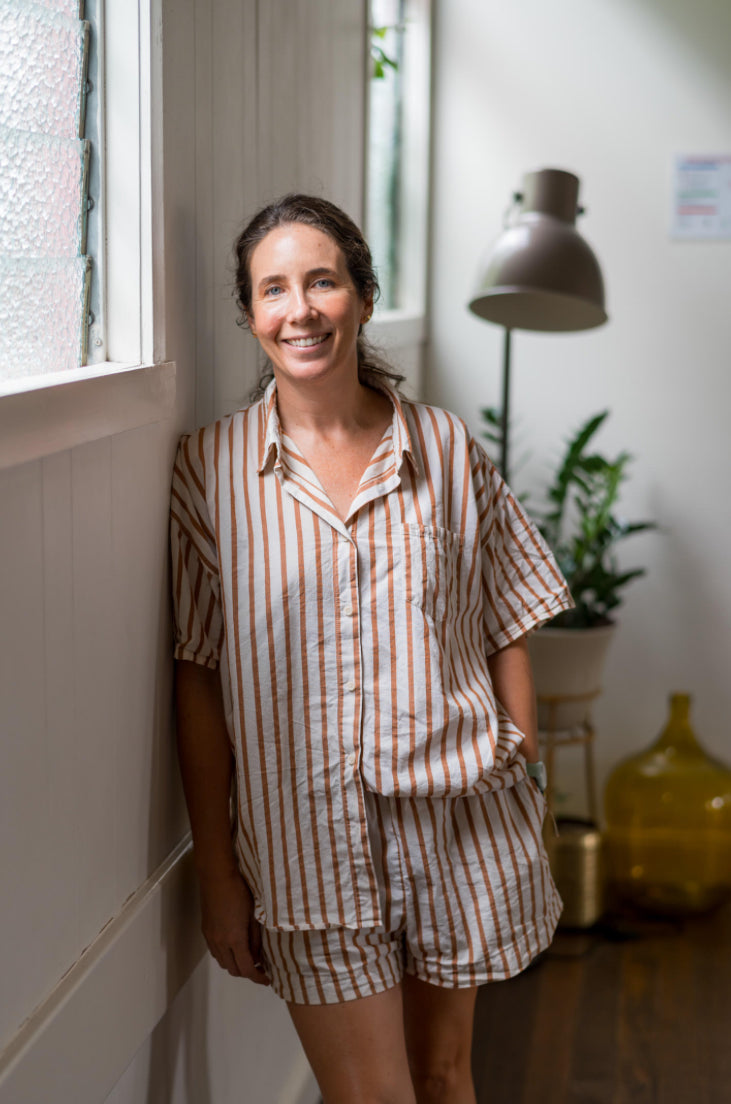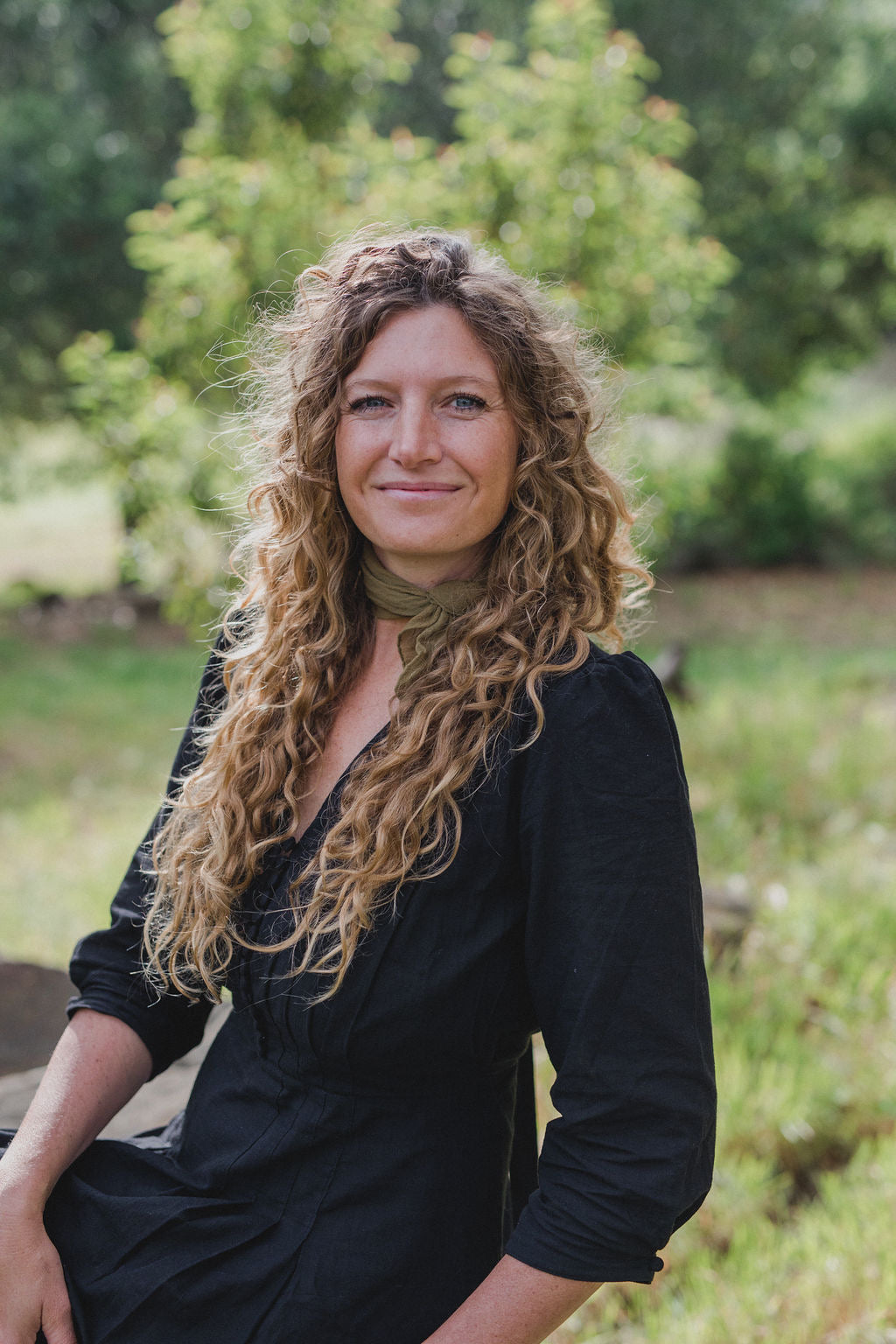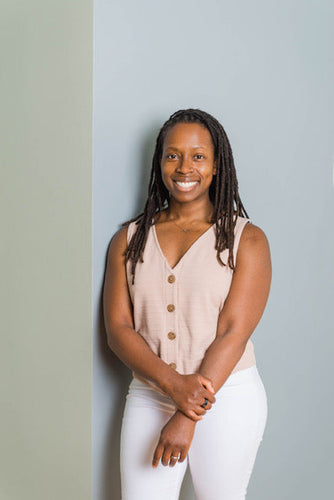Molly is a Perinatal Psychotherapist, yogini, and mother. Her multilayered lens brings healing, integration, and transformation to the lives of women through 1:1 therapy, support circles, and mothers' retreats. Her approach is grounded in Psychodynamic Theory and informed by over a decade of teaching yoga and meditation, as well as an ongoing exploration of Somatic Experiencing and Buddhism. She received a Master of Arts degree in Counseling Psychology with an emphasis in Depth Psychology from Pacifica Graduate Institute. Due to her own experience with postpartum depression, Molly felt called to create Life After Birth® in 2017 to hold women through their initiation into motherhood. She completed the Advanced Perinatal Mental Health Psychotherapy training with Postpartum Support International and has translated her passion into a specialty in her practice.
Can you share a little about your process-oriented postpartum support circles?
Life After Birth® support circles are a counterpart to mommy & me groups, which are typically more didactic in nature and focus on the child—their development, sleeping schedules, etc. These practical matters do come up in our discussions, and yet our groups tend more to the mother. We take deep dives into subjects surrounding the drastic transformation from maiden to mother, such as:
Birthing experience
Sex after birth
Body image issues
Identity after birth
Breastfeeding challenges
Discord with partner
Returning to work
What differentiates our circles from other moms groups is that they are led by Perinatal Mental Health professionals, who specialize in Perinatal Mood & Anxiety Disorders (PMADs). In addition, instead of all the participants having babies born around the same time, our groups are for first- or second-time mothers in the first year or so after birth. Therefore, instead of all being in the same trenches together–which has its own value to it–those who are out of a certain challenging phase like, “Will my baby ever sleep through the night?” can hold the hope for the others. It yields more of a sisterhood.
What is birth trauma and how does it present?
It is said that birth trauma is in the eye of the beholder. In other words, if your provider, for example, says: “Your birth went great!” and yet you felt like it was traumatic, then it was traumatic.
There are many types of birth traumas and they develop depending on the details of the labor and delivery, coupled with the person's experience of it. Causes of birth trauma include, but are not limited to: you and/or your baby had unexpected medical interventions, and/or a life-threatening experience(s); you feel like you were not heard or cared for in a safe way; or past traumas got reactivated during birth (e.g. a sexual trauma).
Birth trauma may present by feeling triggered when hearing about other people’s birth stories; you may develop a PMAD; or you may experience flashbacks or nightmares of your birth, which are symptoms of Post Traumatic Stress Disorder (PTSD).
Do you recommend anything during pregnancy or preconception to support mental health prior to birth?
If you feel ambivalent about becoming a mother, are having challenges with your partner, or having fertility issues, then it would be helpful to connect with a therapist to support you through the process. Unsurprisingly, a history of infertility treatments and miscarriages are risk factors for PMADs, and half of mood and anxiety disorders develop during pregnancy.
Therefore, it would be beneficial to connect with a Perinatal Psychotherapist while pregnant–especially for those who are at high risk for a PMAD. Going through the process of finding a therapist that checks all your boxes and forming rapport with them is much easier to do before a child is born. In addition, doing some postpartum planning while pregnant can be a preventative mental health measure to help bolster one’s transition into motherhood, as well as help baby proof your relationship. Life After Birth® provides 1:1, couples and group therapy for aspiring, expectant and new parents.
Do you have any tips for supporting body image issues in motherhood?
Contrary to what you might read or hear, after becoming a mother, there is no bouncing back or even going back to who you once were. Sure you may be able to eventually fit into your pre-pregnancy jeans, but you are forever changed. One of the central themes in my groups and individual sessions with new moms is identity. And body image and identity go hand in hand. I work to normalize this awkward second puberty (AKA matrescence) that includes the changes in your relationship to your body–and frankly everything in your life.
It can be helpful to process the grief of who you once were, and underscore what you gained (a child) instead of focusing on what you lost (your former body). That said, if someone wants to safely focus on what they eat, up their physical activity, update their wardrobe, or even do elective procedures to feel better in their own skin, then I fully support that, too. I say “safely” since disordered eating and malnutrition is common in new moms, and dieting is contraindicated while breastfeeding. If you think your relationship to food is problematic and need some support, one of our Life After Birth® therapists specializes in eating disorders in the perinatal period.
What would someone expect from one of your support circles?
If you have any familiarity with the 12-step program (e.g. AA or AlAnon), our support circles feel a bit like going to a meeting. You walk in (or Zoom in, rather) and everyone gets you. It’s a relief that you don’t have to explain yourself. Other moms’ stories might not be your exact story, but there is a thread that connects everyone, and that thread is motherhood. All groups start with a few minutes of small talk (e.g. “You cut bangs!” or “Your baby got more teeth!” etc.) until a few participants arrive. Then I start the group with an opening meditation to get us more grounded, embodied and present.
After that, I share something that I’m wrestling with as a parent, or something timely that is going on in the collective, or read a quote or a poem. After that I open up the circle for everyone to share. I like to hear from each person–what’s going on with them, what do they need support with, etc. Some weeks you might feel more full, and other times you may prefer to be more of an active listener. We cap the groups at eight people, so that everyone has time to speak in the 75 minutes we are together. Typically themes arise and mothers offer “experience, strength and hope” to one another. I bookend the group with a brief closing meditation.
How did you support yourself after your own birth trauma?
I had an unmedicated birth, but instead of getting to have a triumphant, euphoric moment after my daughter was born, I hemorrhaged while delivering my placenta. I elected to have a blood transfusion in the hospital to support my recovery. For the first 3 weeks post birth, I had my husband, mother and postpartum doula, but the help dropped off after that. I was exclusively breastfeeding my smaller than average baby, which brought on sleep deprivation and exacerbated my depressed mood. I felt isolated and had trouble functioning.
When I returned to the hospital due to re-hemorrhaging 6 weeks after birth, my midwife flagged me for PPD–she was more concerned about my mood than the blood loss. She told me I needed to leave the house once per day, which I was not doing. She gave a few referrals for perinatal mental health specialists, but they turned out to be dead ends. And if you’ve ever been depressed before, you know that it can be a Herculean feat to complete tasks. My friend who was a trimester ahead of me and experiencing Postpartum Depression (PPD) recommended her Naturopath. This doctor helped revive me physically and hold space for me emotionally. Interestingly enough, I didn’t work with a perinatal therapist nor find a mom’s group that I really connected with.
I ended up speaking with a Rabbi who I had seen for spiritual counseling and been part of her women's group for several years. Our session was deeply healing and she encouraged me to reach out to friends and share my truth. I hadn’t up to that point because I didn’t know it was okay not to be okay. After that I started to recover a bit more. I didn’t go on antidepressants at that point in time, and I kept exclusively breastfeeding. I got a vision for Life After Birth® and decided to create what I wish I would have had. A lot of the work I do now is encouraging parents to do what I didn’t do. Part of my healing process has been to support others in a way I wasn’t supported.
What does this season of your own personal chapter of motherhood look like?
I have a 7-year-old daughter, named Bijou. This school age stage feels like a sweet spot between toddlerhood and having a teenager. Even though every age has its challenges and joys, I enjoy motherhood now more than ever. Our relationship continues to deepen, and I love witnessing the person she is becoming. In addition, having my daughter has opened up a whole new network of female friendships for me. It is vital to create your own modern village as a parent, and I am forever grateful to have found mine.
